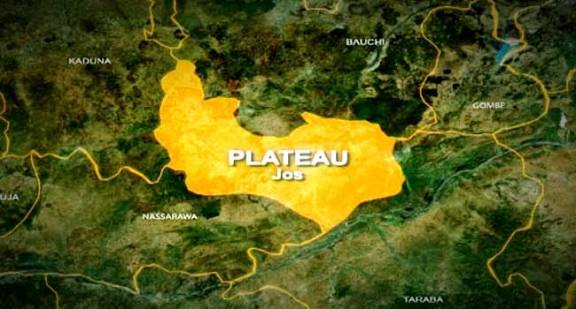Moody’s has downgraded the African Export-Import Bank’s long-term issuer and senior unsecured ratings from Baa1 to Baa2, while changing the outlook from negative to stable.
The downgrade reflects heightened concerns about the bank’s asset quality, significant exposure to distressed sovereigns, and a reduced diversity of funding sources.
Additionally, Moody’s lowered the rating of Afreximbank’s senior unsecured Medium-Term Note program from (P)Baa1 to (P)Baa2, and its long-term bank deposit rating from Baa1 to Baa2.
The bank’s short-term deposit rating remains unchanged at P-2.
“The rating downgrade to Baa2 is driven by weaker asset performance than previously expected, which negatively impacts capital despite some mitigating factors,” Moody’s stated in its 2025 credit review.
Moody’s pointed to Afreximbank’s recent move away from traditional trade finance toward unsecured sovereign lending—especially to financially distressed countries like Ghana and Zambia—as a key reason for the downgrade.
“The bank’s shift to unsecured lending to sovereigns under stress has introduced significant risks, diverging from its typical focus on trade finance,” the agency noted.
Afreximbank’s exposure to Ghana and Zambia—both undergoing debt restructuring under the G20 Common Framework—poses significant capital risks. According to Moody’s, these exposures account for 3% and 0.2% of the bank’s total assets, and 8% and 0.4% of its equity (net of provisions), respectively.
The Common Framework requires multilateral and private creditors, including Afreximbank, to absorb comparable losses. This presents legal and operational challenges, especially in light of the bank’s treaty-based structure, which has traditionally offered protection from sovereign debt restructurings.
Moody’s acknowledged Afreximbank’s steps to strengthen its liquidity position, noting that the bank more than doubled its cash reserves from $4.6 billion at the end of 2024 to $9.5 billion in early 2025—enough to meet debt obligations and net loan disbursements for six quarters.
However, the agency cautioned that sustaining such elevated liquidity levels is both costly and unsustainable over the long term.
“Historically strong in diversified, low-cost funding, the bank has relied more on bilateral and syndicated loans than market-based sources,” Moody’s said.
Afreximbank refrained from issuing bonds in 2022 and 2023 due to unfavorable market conditions. Although the bank returned to the capital markets with a $520 million Samurai bond in late 2024 and a $303 million Panda bond in early 2025, Moody’s considered these amounts modest relative to its overall funding needs.
While Moody’s downgraded Afreximbank’s ratings, it assigned a stable outlook, citing balanced risk factors and the bank’s ability to maintain capital adequacy under a range of stress scenarios.
“This resilience is supported by strong profitability, shareholder capital injections, and existing provisions, which collectively enable the bank to manage and absorb potential losses,” the agency said.
Moody’s also observed that by the end of 2024, Afreximbank had provisioned 41% of its sovereign exposure to Ghana and Zambia. The bank’s steady earnings, ongoing capital generation, and backing from member states have helped preserve its financial buffer.
Nonetheless, Moody’s warned that sustained exposure to high-risk markets like Egypt and Nigeria—despite some recent improvements—continues to place pressure on the bank’s overall risk profile.











